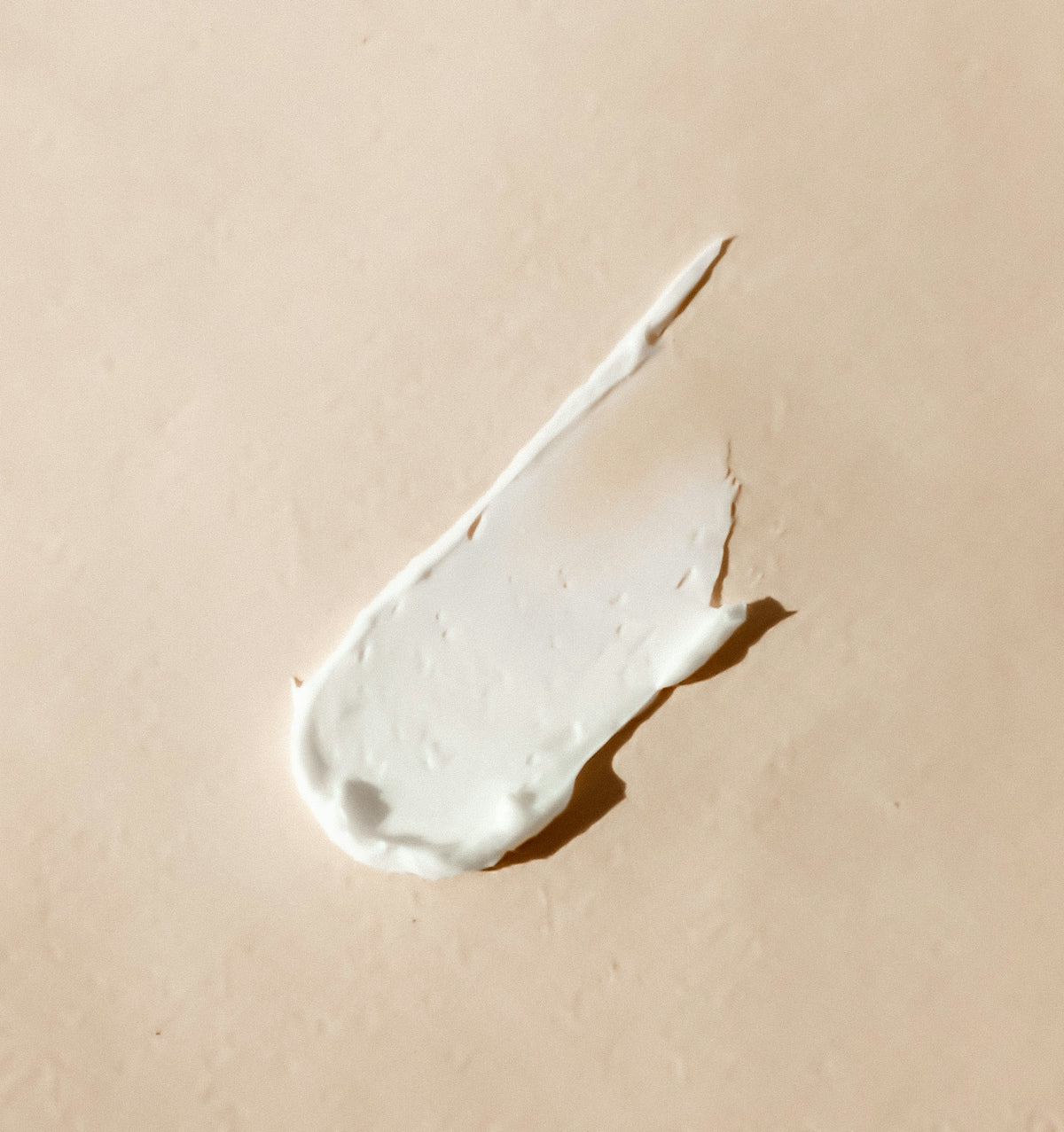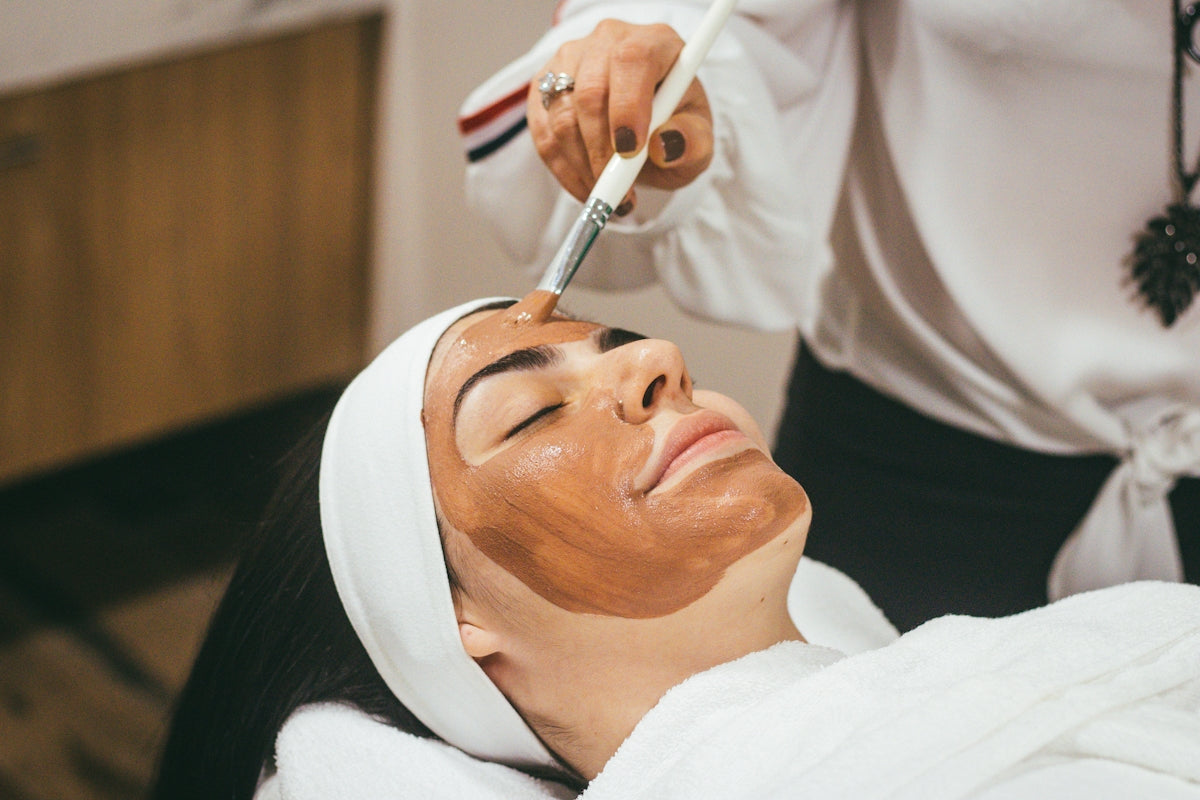Comparing Organic Versus Inorganic Beauty Products Which Should You Choose

The beauty industry is vast and varied, with an array of products promising everything from youthful skin to radiant complexions. However, one pivotal decision facing beauty enthusiasts today is whether to choose organic or inorganic beauty products. Understanding what each category offers can help you make informed decisions tailored to your unique skincare and cosmetic needs.
Understanding the Basics
Organic Beauty Products
Organic beauty products are formulated with ingredients derived from natural sources without synthetic chemicals. These often include plant extracts, essential oils, and botanicals. Advocates argue that organic products are better for the skin and the environment. For instance, our Camo Liquid Blush promises a long-lasting, high-pigment color with a soft, dewy finish while remaining vegan and cruelty-free.
Inorganic Beauty Products
In contrast, inorganic beauty products often contain synthetic substances that can enhance performance, texture, and shelf life. These products are typically engineered for specific effects, like mattifying the skin or providing UV protection. Our Sacha BUTTERCUP Setting Powder is a great example, known for its ability to blur fine lines and set makeup without an ashy flashback.
Factors to Consider
Skin Sensitivity
If your skin is sensitive, organic products may appeal due to their minimal chemical content. However, always check ingredient lists as natural ingredients can also trigger allergies. For those who have specific skincare concerns, it might be helpful to follow a Comprehensive Skincare Checklist.
Effectiveness
Both organic and inorganic products can be effective, but it often comes down to the specifics of what you need. Inorganic products like our Fit Me Loose Setting Powder excel in offering consistent textures and finishes which might not be easily achieved with organic alternatives.
Environmental Impact
Considering the environmental impact is crucial. Organic products usually have a smaller carbon footprint and are less likely to harm wildlife. However, note that sustainable practices are important in both domains. Investigate each brand’s commitment to eco-friendliness.
Cost
In many cases, organic products can cost more due to the pure extraction process. On the flip side, inorganic products might offer more budget-friendly options without compromising on innovation and results.
Conclusion
Choosing between organic and inorganic beauty products involves evaluating your personal values, skincare goals, and budget. Each has its unique advantages, and the best choice is one that aligns with your lifestyle and skin needs.
Explore our diverse range of beauty products to find what suits you best by visiting Pinktoe.store.







Comments